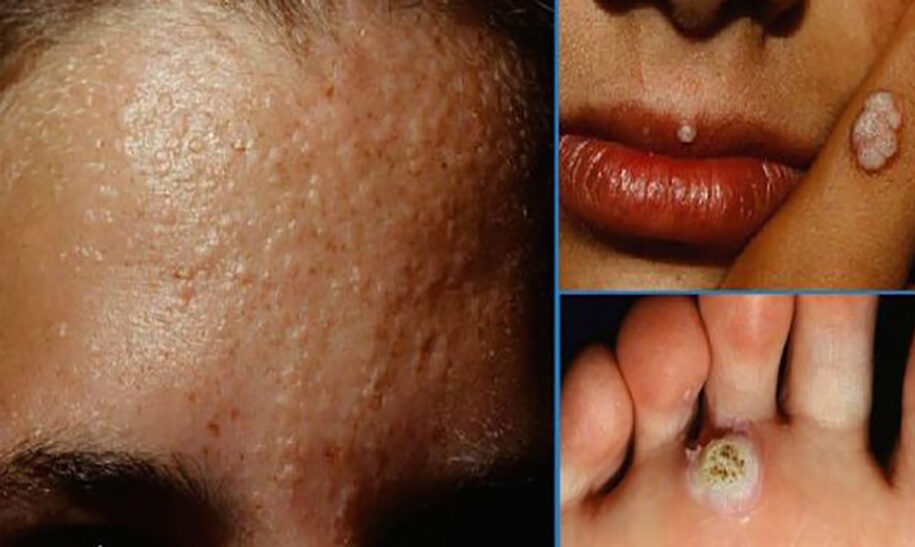5 Most Common STDs That Even Condoms Can’t Stop
Condoms are advertised to be the safe haven for safe sex; and this is an enticing lie. Because of this, STD’s are on the rise everywhere.
Because they are said to be the ‘safe sex’ opportunity, many teens and young adults are having mindless sex because they’re trusting these evil corporations. Condoms are often advertied to be 99% effective, but this is very wrong. The success rate is actually 72%. That isn’t a risk I would want to take…
Sexually Transmitted Diseases, or STD’s, are not a subject to joke about. They are serious health issues and could even be deadly. First thing though: I’m not trying to persuade you to not have sex. Sex is natural, but like other natural things there are dangers. Always be sure of your partner’s history and bill of health before engaging in any intercourse. One night stands however, almost always end up in a nightmarish disease diagnosis.
There are many STD’s people aren’t aware of, and condoms do not protect against them! Against these malevolent diseases condoms are no match. I cannot stress this enough – Be careful who you are having sex with. People can be deceitful…
Here are 5 STDs that condoms do not protect against:
Herpes – “If a person has a herpes lesion that is on an area of the groin or pelvis that is not covered by the condom, then transmission from that lesion can occur,” Dr. Sasan explains.
HPV – This disease is the most commonly sexually transmitted one. If you are sexually active there is a high chance you will be exposed at some point in your life. Some strains can cause genital warts but others don’t, which is why many people never know they have it. And even without warts present, HPV can be passed with skin-to-skin contact. Some strains can lead to cervical cancer.
Molluscum – This consists of little bumps on the skin. It doesn’t cause any long term health issues. “It’s a skin condition commonly transmitted between kids, but in adults you usually see it sexually transmitted,” Dr.Rowan stated.
Crabs – “Pubic lice is not super common anymore, since people groom more now,” Rowen explains. However, if you’re going the natural route beware – you’re at risk.
Syphilis – Syphilis presents as a firm, round, and usually painless sore, called a chancre. “Just like herpes, [a condom] is not going to protect you, depending on where the sore is located,” Rowen says.


